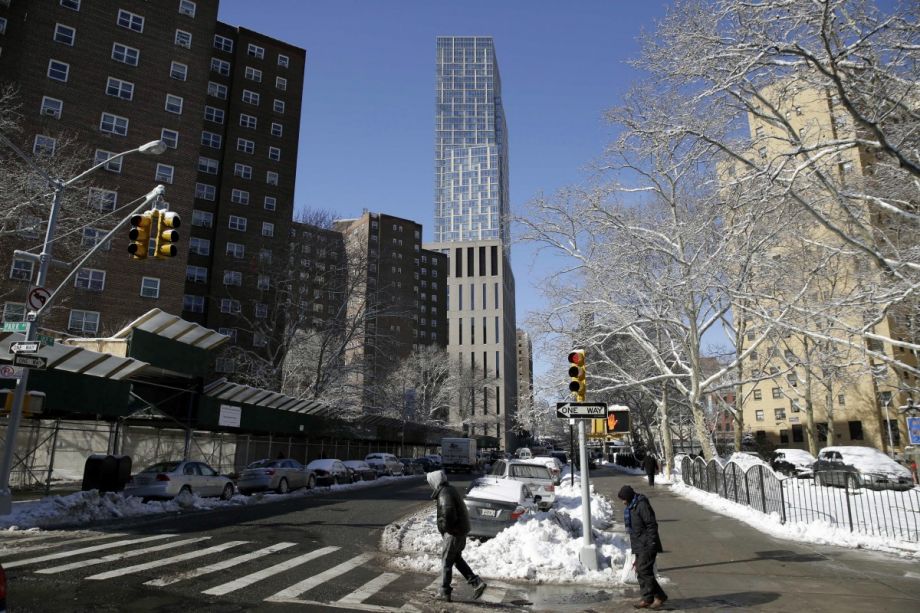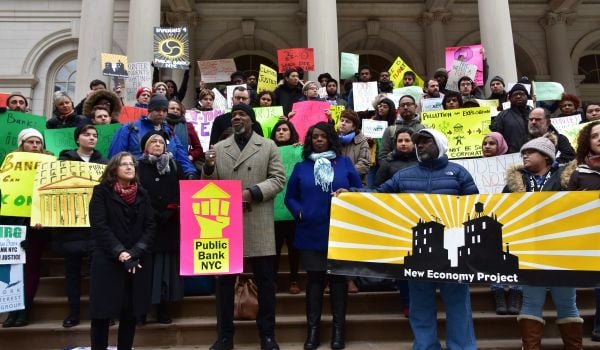Though several government programs in New York seek to fight the city’s staggering poverty rate (over 20 percent live below the poverty line, according to recent Census data), a new study argues that government initiatives such as increasing minimum wage and food stamps, though effective, have less long-term effect, especially for those with no job at all.
The study, conducted by the Urban Institute in conjunction with the Catholic Charities of the Archdiocese of New York and the UJA Federation of New York, showed transitional jobs programs reduced poverty among those who participated by more than 5 percent, to 15.9 percent.
Increasing the city’s minimum wage from $8.75 to $15 per hour would reduce the poverty rate to 17.89 percent, while upping food stamp benefits would bring the rate to 18.7 percent, the study found.
Jennifer Jones Austin, CEO of the Federation of Protestant Welfare Agencies, told Crain’s that offering janitorial or clerical work can not only aid a person’s temporary income, but also build prospects for employment for those with criminal convictions or little employment experience:
While increasing the city’s minimum wage is also a helpful initiative against poverty, Ms. Jones Austin said it still does not address the needs of those who are in poverty because of their inaccessibility to employment opportunities. The transitional jobs programs help a broader group of disadvantaged populations and eventually help lead to long-term sustainability.
The study also compared the results from other government programs to the baseline 21.4 percent poverty rate during the time of the study, including increasing the number of housing vouchers (bringing the poverty level to 19.9 percent), New York City earned-income tax credit (20.7 percent) and the Paycheck Plus program (20.8 percent).
The most effective way to beat poverty in New York would be a combination of these programs — which could cut the overall poverty rate in the city by between 44 and 69 percent, the study said.
“We were excited to see that the existing policies in the city do work and we don’t need to reinvent the wheel for poverty-fighting initiatives,” Austin told Crain’s.
Marielle Mondon is an editor and freelance journalist in Philadelphia. Her work has appeared in Philadelphia City Paper, Wild Magazine, and PolicyMic. She previously reported on communities in Northern Manhattan while earning an M.S. in journalism from Columbia University.
Follow Marielle .(JavaScript must be enabled to view this email address)
















